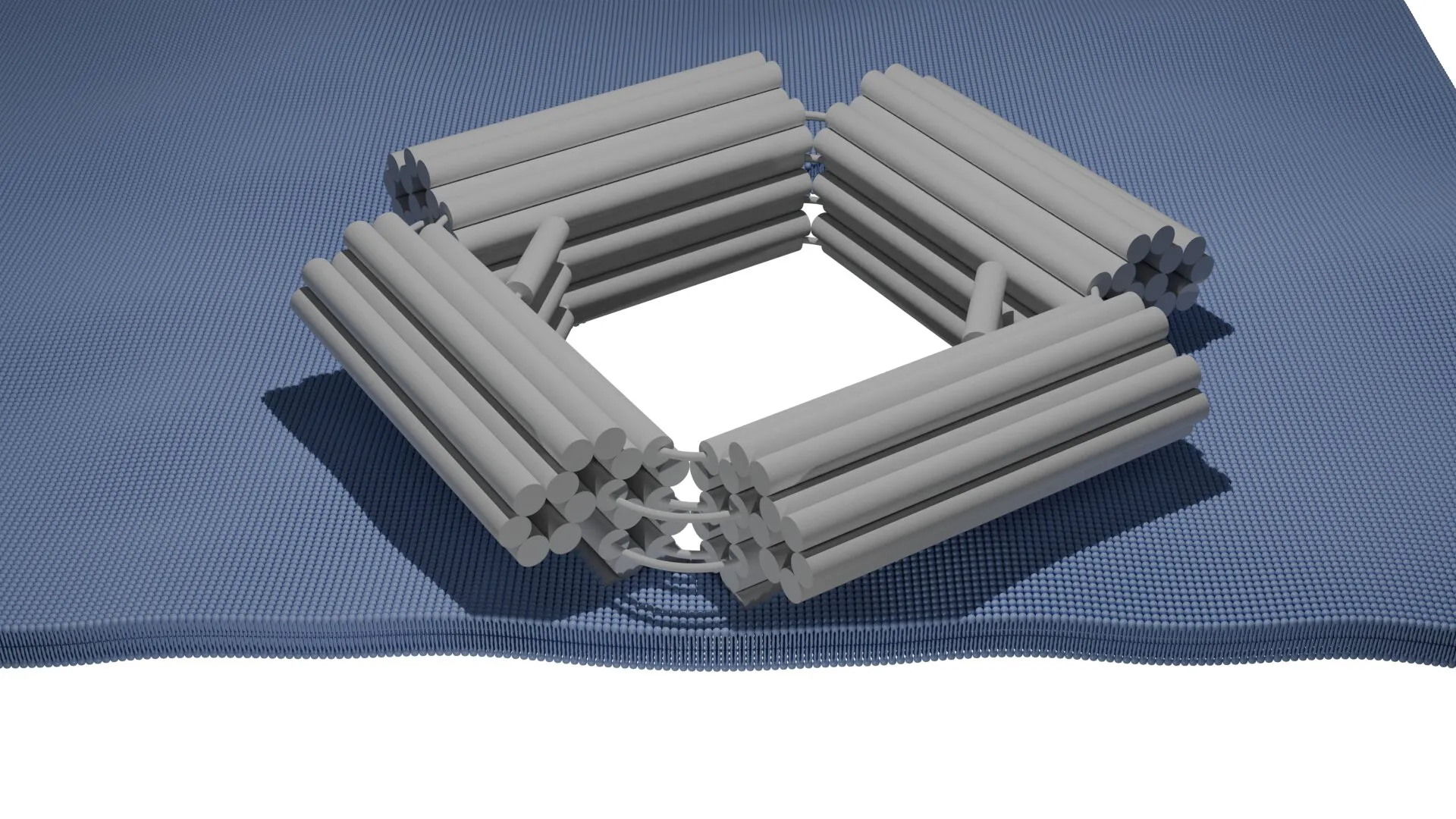Physics and Technology News: Novel DNA Nanopores for Drug Delivery

Science and Physics Innovations in Drug Delivery
In a remarkable leap forward in science and technology, researchers at TU Delft and the Max Planck Institute have engineered a new class of DNA nanopores that can function as mechanical gates. These adaptable pores allow for the targeted transport of molecules through cellular membranes, revolutionizing drug delivery methods.
How Novel Nanopores Work
The novel DNA nanopores are designed to open and close on command, allowing researchers to control the flow of therapeutic agents precisely when needed. This technology significantly improves efficacy and minimizes side effects, addressing common issues faced by current drug delivery systems.
- Key Features:
- Structurally adaptable
- Targeted transport
- Controlled release of drugs
Implications for Future Medical Research
The implications of this breakthrough extend beyond pharmaceuticals, potentially impacting various fields in materials science and nanotech. Continued research is expected to enhance our understanding of drug delivery mechanisms and create new opportunities for clinical applications.
This article was prepared using information from open sources in accordance with the principles of Ethical Policy. The editorial team is not responsible for absolute accuracy, as it relies on data from the sources referenced.